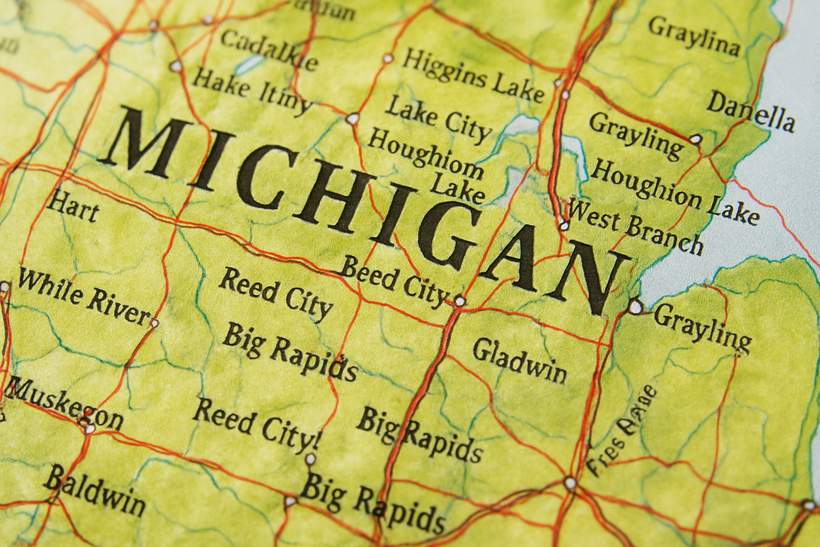MGCB Signals Risks for Licensees Entering Prediction Markets

MGCB Issues Warning on Participation in Prediction Markets
The Michigan Gaming Control Board (MGCB) has cautioned gambling operators and related parties interested in the prediction markets sector that engaging in such activities could jeopardize their existing licenses. Concerns continue to rise among regulators and industry players who view prediction markets as a form of unregulated sports betting.
Growth of Prediction Markets Amid Regulatory Concerns
In a recent communication, Henry Williams, MGCB’s executive director, noted the increasing interest from license holders in offering or facilitating access to prediction market platforms. These markets involve contracts based on the outcomes of various events, which are traded between participants. Regulation of these contracts typically falls under the jurisdiction of the Commodity Futures Trading Commission (CFTC).
Despite this federal oversight, many within the traditional sports betting industry—including regulators, commercial operators, and tribal groups—have criticized prediction markets. They argue that these platforms bypass established regulatory controls that sportsbooks must comply with, enabling them to operate across the United States with fewer restrictions. Michigan and several other states firmly oppose this model and have warned that engaging in prediction markets may lead to license revocation.
Michigan’s Firm Position Against Prediction Markets
Williams emphasized that prediction markets do not align with Michigan’s gaming regulations. Any involvement in these markets could affect an operator’s license status within the state. The MGCB is actively monitoring its licensees to ensure compliance and suitability, particularly focusing on whether they or their affiliates are engaged in offering sports-related event contracts either within Michigan or elsewhere.
The MGCB highlighted that collaborating with prediction market entities or providing access to their services also carries significant risks, including potential license penalties. Michigan is not alone in this stance; states such as Ohio and Arizona have issued comparable warnings to protect their regulated gambling environments.